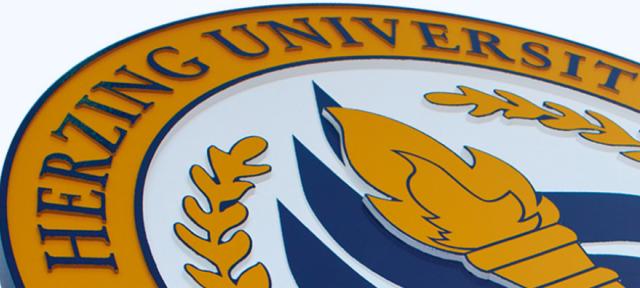Program availability
Your Preferences
Update your Zip code, preferred campus, and preferred program

How to Become a Health Information Technician (RHIT)
MSN in Public Health Nursing vs. Master of Public Health (MPH): what’s the difference?
It’s right in the name—the MSN in Public Health Nursing is a nursing degree designed for current RNs, while an MPH is designed for non-nursing professionals.
Enroll in an MSN in Public Health Nursing and you’ll take nursing specific courses covering topics such as technology and nursing informatics, research methods, evidence-based practice, pathophysiology, pharmacology, and much more. You’ll have the opportunity to pursue the public health track while continuing to advance your nursing knowledge and skills.
Do I need to be certified in public health nursing?
One of the top certifications for public health professionals is the Certified in Public Health (CPH) certification from the National Board of Public Health Examiners (NBPHE). You’ll need a combination of education and experience to qualify to sit for the exam.1
You may not need to be certified to earn every type of job in public health nursing. However, CPH certification can separate your resume from the rest, and shows employers you’ve got the knowledge, skills, and experience to excel in the position.
1. You must meet specific eligibility criteria to sit for the CPH exam. The Herzing University MSN program in Public Health is not accredited by CEPH.
What are the different types of public health nurses?
Public health nurse refers to a broad category of different types of nurses focused heavily on education and illness prevention. Common types of community and public health nurses include school nurse, maternal and child health nurse, occupational health nurse, and case management nurse.
PHNs with advanced education and experience can qualify to become a consultant or lead a team as a director or manager of a team of nurses.
What does a public health nurse do?
A Public Health Nurse (PHN) can work in a variety of community-based roles. They assess, evaluate, and implement interventions to improve health systems and policies. Their work can involve smaller communities or larger public and global patient populations.
Some job responsibilities can include health education, case management, program planning, policy development, epidemiology and disease prevention, and much more.
Learn more about what public health nurses do, including examples of the different kinds of work you can do and the skills required for success in the field.
How much can a public health nurse make?
Salaries in the public health nursing specialty can vary widely depending on your education, experience, and state of employment.
In the case of your first entry-level nursing job in public health, you may not be required to advance your education to the master’s level to qualify. Registered nurses across all specialties earn an average salary of $89,010 per year ($42.80 per hour), according to the Bureau of Labor Statistics (BLS).*
Earning a master’s degree can help you qualify for upper-level managerial and leadership positions in public health nursing. The BLS reports the average salary for medical and health service managers is $127,980 per year ($61.53 per hour).*
Is there a difference between public and community health nursing?
“Public” and “community” nursing are terms often used interchangeably—but they aren’t necessarily the same thing.
Community health nurses typically work directly with individuals, families, and groups to achieve better health outcomes.
Public health nurses usually take a broader approach to patient populations. They focus on advocating for change in systems, reforming policy, and health promotion.
In general—community health nurses directly help people make the best use of the systems in place, while public health nurses focus on improving those systems.
Of course, there are several factors behind why jobs are named the way they are. When you start looking for jobs in public health or community health nursing, be sure to thoroughly read through the job description to determine if it’s the right kind of role for your skillset and preferences.
